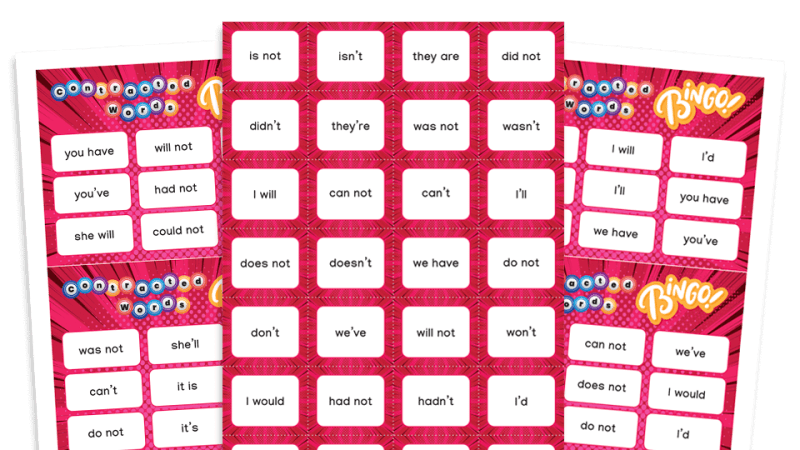Help EAL Pupils Settle in Using Your Special Position as Teaching Assistant

Emma Davie offers 7 ways to help all students feel at home in your classroom
- by Emma Davie

Make it personal Design a reward chart with the child, making sure you give them the opportunity to add pictures of their favourite cartoon characters, football players or family members around the edges.
By including the child’s interests on the reward chart, you will not only make the chart more personal to them, but also make them more likely to want to fill up the chart with positive comments.
Make sure the reward chart is placed somewhere visible, to encourage the child to try their best even whey they are finding the set task challenging.
Funny faces Take out a group of two EAL children and four children who are really confident when talking about their feelings. Split them into pairs. Give one the name of an emotion that they have to show to their partner.
Before they show their partner, give them time to practise this emotion in the mirror. Their partner must then guess which emotion the child is trying to express.
The game not only encourages the child to recognise and name different emotions, but also gives them the opportunity to pull funny faces in the mirror, which in turn helps them to build friendships in a fun way.
Emoji time Give the child a feelings sliding scale. This is a really easy way to find out how the child is feeling, without them having to think of the language needed to describe how they are feeling and why.
Home comforts Find out some common words in the home language such as greetings and colours. Spending a small amount of time finding these will be worth it in the long run, as the child will soon start to feel more settled.
Meet and greet Organise an informal get-together for new and existing parents. Other parents may be able to talk to new arrivals about help and support that is available from the wider community, eg doctors, health visitors or play groups.
Game face Set up a friendship club to encourage the child to talk to others and join in any games they are playing. Card games and board games are a really good resource to invest in, as the rules are pretty self-explanatory and are quickly picked up by everyone, regardless of language skills.
Make links Make a picture book full of common objects the child will see during the school day; pencil, pen, table, chair, door and coat peg are just some of the words that could be included.
A really good way to encourage the child to say the words is to label them in the home language and English; this will help the child make links between the new language and the language they are more familiar with.
Emma Davie has been a teaching assistant for 17 years. This is an extract from her book How To Be An Outstanding Primary Teaching Assistant (£16.99, Bloomsbury Education).











